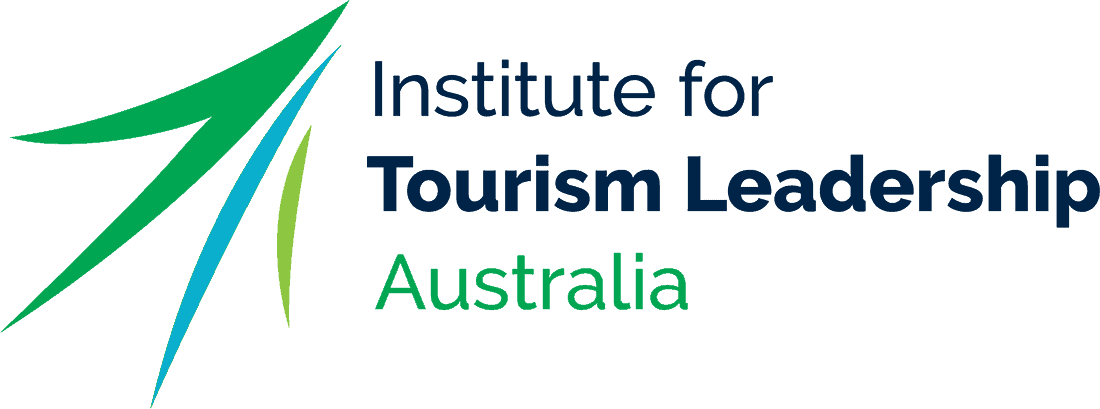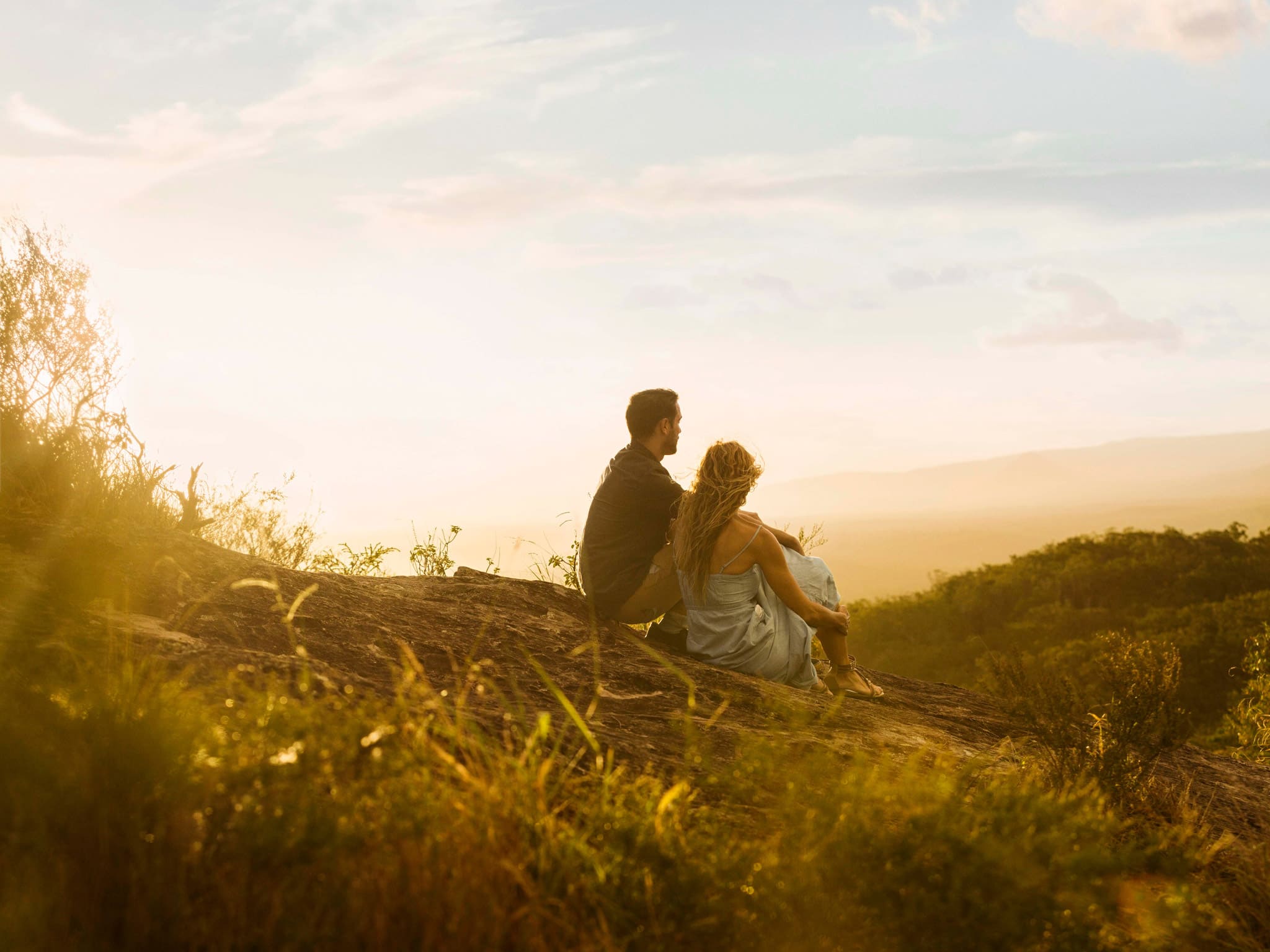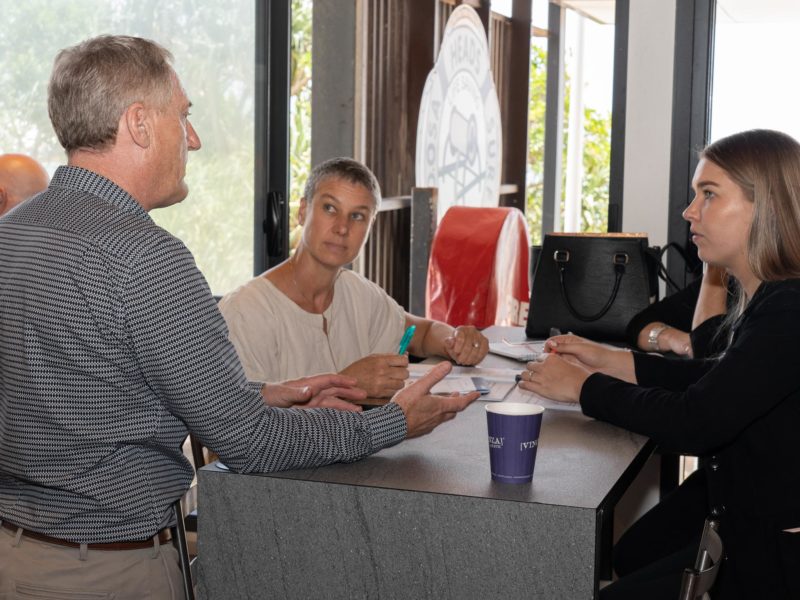Resilient Leadership – The Covid-19 Stress Test
The Challenge
Like so many other small businesses, we faced the Covid-19 shutdown and learnt much about ourselves, our clients and resilience. At the time of late March 2020 when Australia went into to stage 3 lockdown, we were halfway through a 4-month four workshop Resilience Leadership program, had conducted the first workshop for another and hadn’t even started a third.
The Process
We put the needs of our clients’ first and tested where they were at and if we could continue. We were humbled that, after the hit from the shutdown of the tourism sector with all operators so greatly affected, and our own business under much pressure, that overwhelmingly our nearly 60 participants in Mackay, Whitsundays, Bundaberg and Gladstone supported our move to complete the 3 Resilient Leadership programs underway through the online solution we devised.
Our Solution
-
Bring all our participants along on a webinar-based pathway whereby 1 day workshops became 3 x 2 hour events online;
-
Our online coaching remained with its importance accentuated by its capacity to build a stronger bond with the participants 1:1;
-
We heavily utilised the “break out” feature of the Zoom platform which overwhelmingly was the better alternative for getting free flowing discussion as opposed to a single online group; and
-
We shifted our content to be less intensive but more relevant to the Covid-19 circumstances and we concertinaed its delivery.
The Outcomes
Our firm belief was that there was never a more important time to build resilient leaders in our communities. We have all added, due to the intensity and unanticipated challenges during this time, to our understanding of leadership, and personal / community resilience. It certainly reinforced a few salient concepts:
This quote encapsulates our lingering learning: “If you can't fly then run, if you can't run then walk, if you can't walk then crawl, but whatever you do you have to keep moving forward.” (Martin Luther King Jr.)
Additionally, the premise upon which we build our Resilience Leadership model was emphatically reinforced:
“Successful recovery recognises, supports and builds on individual, community and organisational capacity and resilience. Our approach looks to the future through advanced consideration of the impact a disruptive event may have on business and our personal and leadership capacity to meet the disaster, assisting to counter the disruption.”
Our fundamental tenet is, if resilience describes the ability to ‘bounce back’, to recover and respond with ‘commitment and optimism’, we need to include a comprehensive personal resilience component. This motivated us to create a more universal, cross sector Personal Resilience Self Coaching model. It will now become a core element of our leadership design and a stand alone personal development solution.
The comments from our participants at the conclusion of the programs reflected the many advantages to staying engaged and contributing to the learning:




